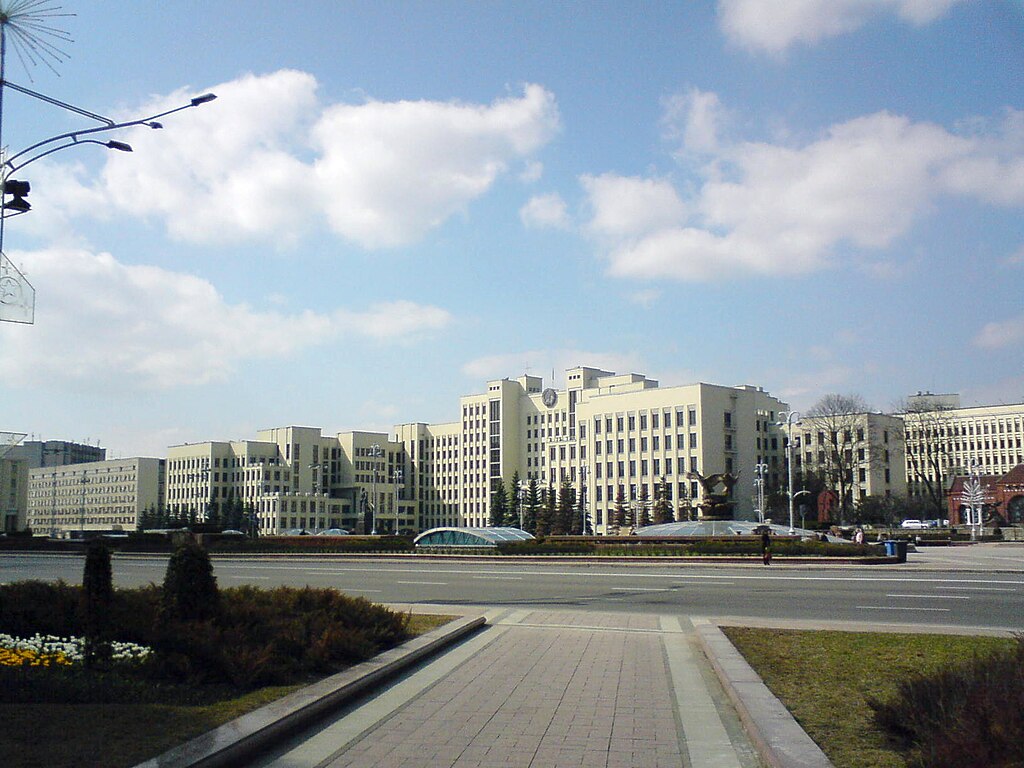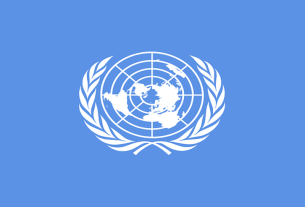UN human rights experts have issued a sharp rebuke of the Belarusian government, condemning the use of forced psychiatric treatment as a tool to suppress political opposition. In a statement released Thursday by the UN Office of the High Commissioner for Human Rights (OHCHR), the experts said at least 33 individuals have been subjected to involuntary psychiatric confinement for their involvement in peaceful protests—an alarming practice they say violates international law.
Political Repression Disguised as Psychiatric Care
According to the UN, only eight of those detained have been released, with the remaining 25 still held in psychiatric institutions under conditions that allow for indefinite detention, without access to parole or pardon. The experts described this use of psychiatric detention as a means of political punishment and “a grave violation of human rights.”
The statement emphasized that these detentions are being used to penalize peaceful expression and protest, particularly in the wake of the controversial 2020 Belarusian presidential election.
“We are deeply concerned that psychiatric detention is being weaponized to stifle dissent and punish individuals for exercising their rights to freedom of expression and peaceful assembly,” the experts said, urging the Belarusian authorities to ensure immediate access to legal counsel and independent judicial review.
Context: Fallout from Disputed 2020 Election
The crackdown follows mass protests triggered by the widely disputed reelection of President Alexander Lukashenko in August 2020, where official results claimed an 80% majority victory. International observers and opposition figures—including Lukashenko’s challenger, Sviatlana Tsikhanouskaya—rejected the outcome, labeling the election as fraudulent.
Since then, the Belarusian government has carried out widespread arrests of protestors and political opponents. Over 3,000 individuals have been convicted for participating in protests, and more than 1,000 have been recognized as political prisoners by human rights organizations.
The forced psychiatric commitments appear to be part of this broader pattern of repression. Unlike imprisonment, psychiatric detention allows authorities to bypass judicial oversight and hold individuals indefinitely, further isolating them from legal and social support.
International Calls for Accountability
The UN experts called on Belarus to:
- Immediately release all individuals held in psychiatric facilities for political reasons
- Ensure access to independent legal representation
- Provide effective mechanisms to challenge the legality of their detention
They also warned that the misuse of psychiatric institutions for political control harkens back to tactics used in the Soviet era and is incompatible with international human rights obligations, including those under the International Covenant on Civil and Political Rights, to which Belarus is a party.
Ongoing Monitoring
A full investigation into these detentions may be raised at the UN Human Rights Council, as international scrutiny of Belarus’s human rights record intensifies. Meanwhile, human rights advocates continue to document systemic repression in the country.
Excerpts adapted from reporting by Lilian Trickey, Faculty of Law, University of Oxford, via Jurist.org.
Sources:
- OHCHR Press Release (April 2025)
- Jurist, Lilian Trickey – University of Oxford
- UN Human Rights Office: https://www.ohchr.org
- BBC and Reuters archives on Belarus election protests
House_of_Government_in_Minsk Belarus government house Picture on Wikimedia by Andy 93



